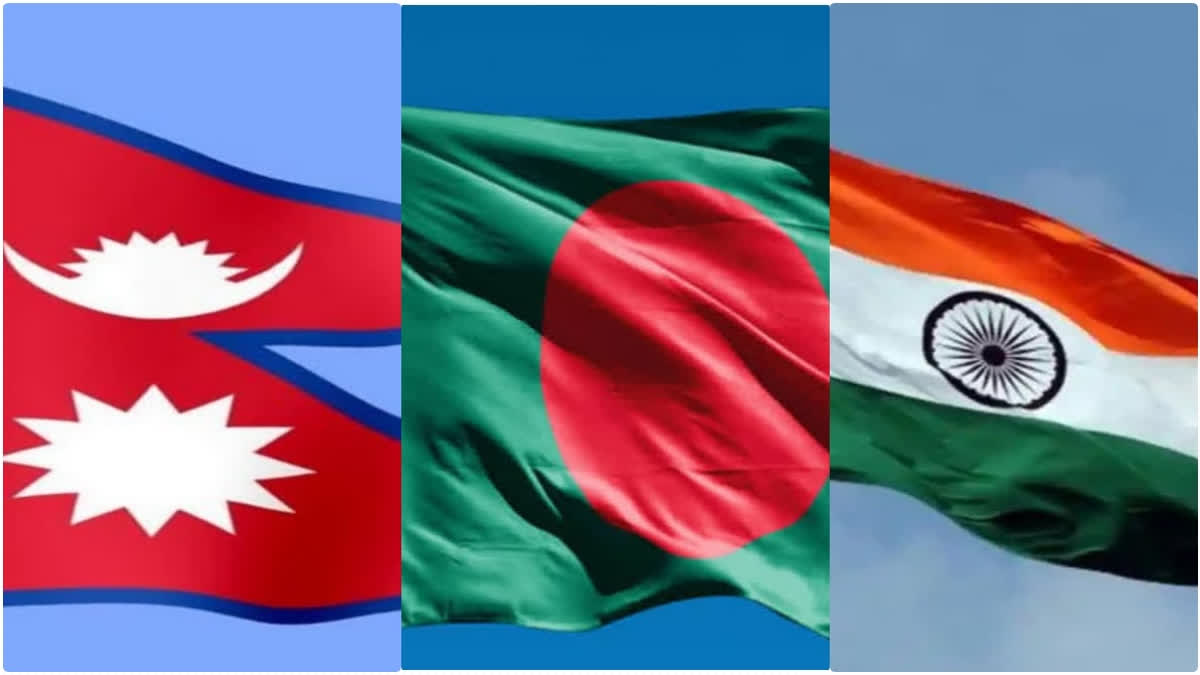India has recently terminated the transshipment facility that allowed Bangladeshi export cargo to use Indian land routes for exports to countries like Nepal, Bhutan, and Myanmar. This decision comes amid growing trade tensions and pressure from Indian exporters, particularly in the apparel sector, who argued that the facility strained air cargo capacity and increased costs at Indian airports.
Transshipment Facility Termination: The move affects Bangladesh's logistics and trade with landlocked nations like Nepal and Bhutan, potentially disrupting their supply chains and raising concerns about compliance with WTO transit rules.
Trade Tensions: The decision reflects broader trade dynamics between India and Bangladesh, with India seeking to bolster its domestic textile sector by reducing competition from Bangladeshi exports.
Impact on Nepal: Nepal, heavily reliant on Indian infrastructure for trade, may face increased logistical challenges due to restricted transit access. This could lead to higher costs and delays for Nepalese imports from Bangladesh.
WTO Implications: The restriction may raise questions about India's adherence to WTO rules on free transit for landlocked countries, potentially leading to diplomatic and economic repercussions.
This development highlights the complexities of regional trade policies and their impact on neighboring countries' economies.
Source: DevDiscourse, ThePrint, Millennium Post
